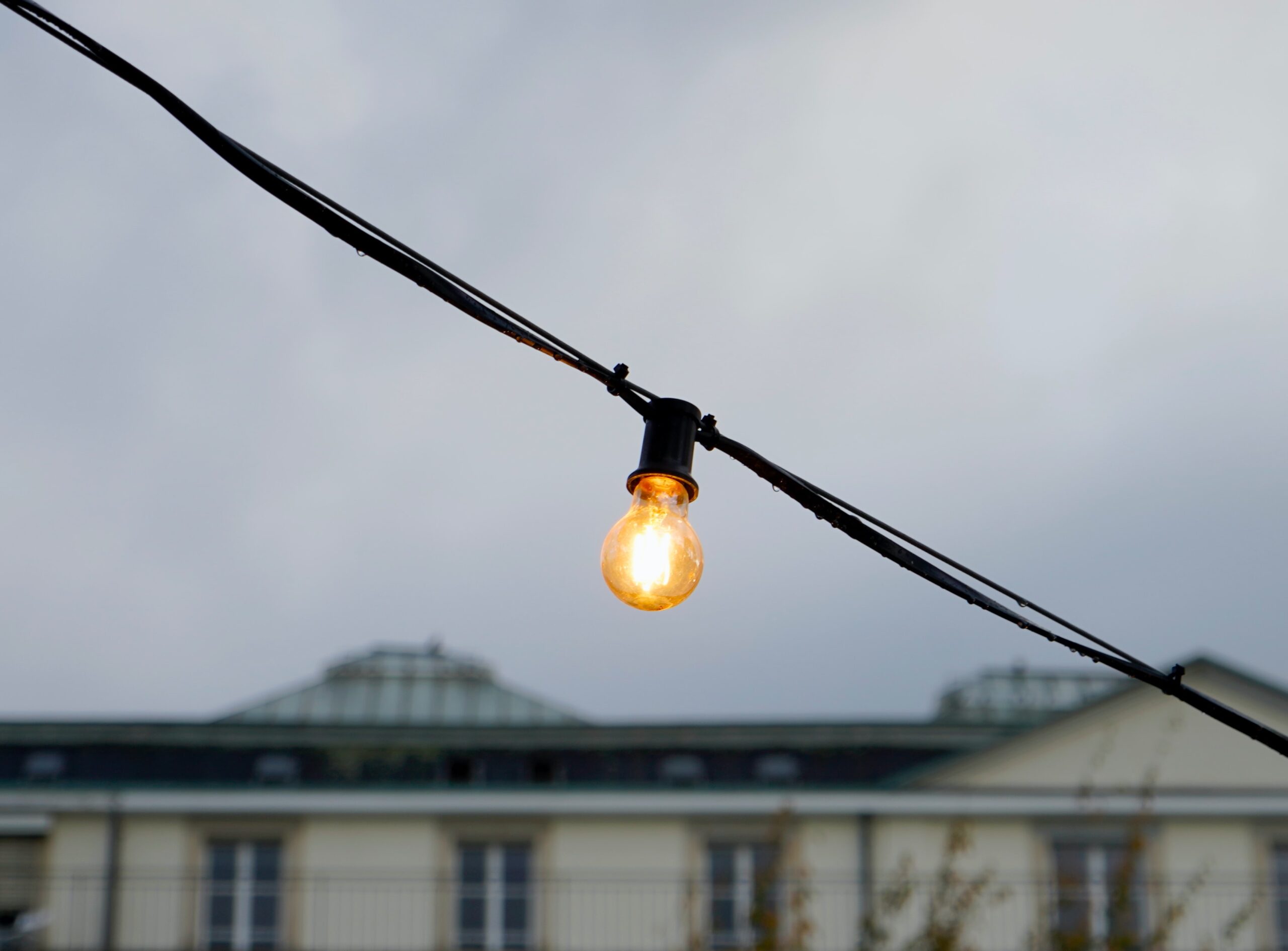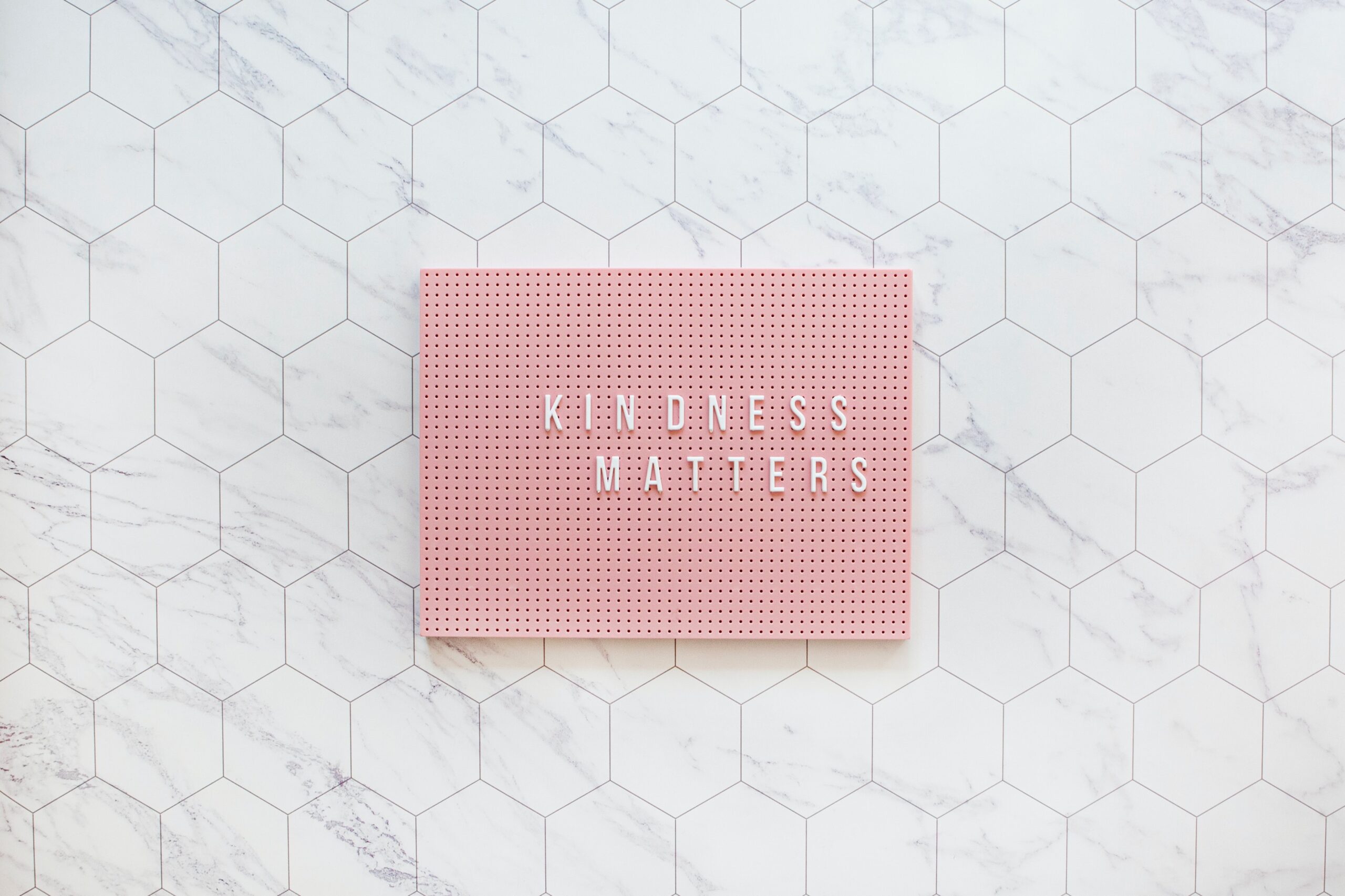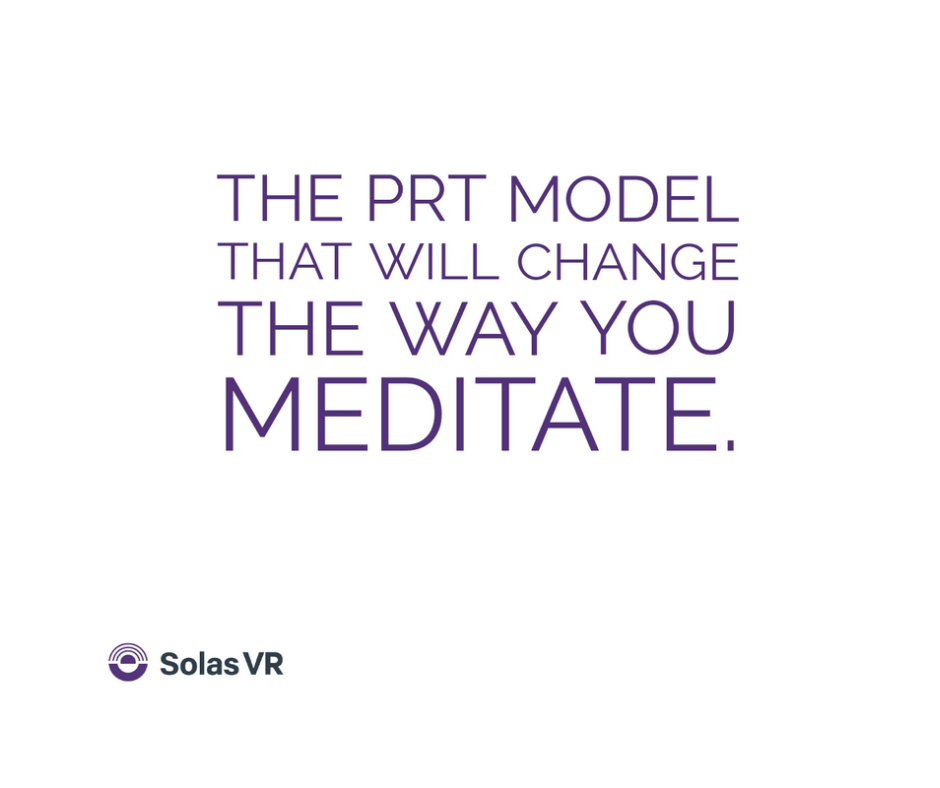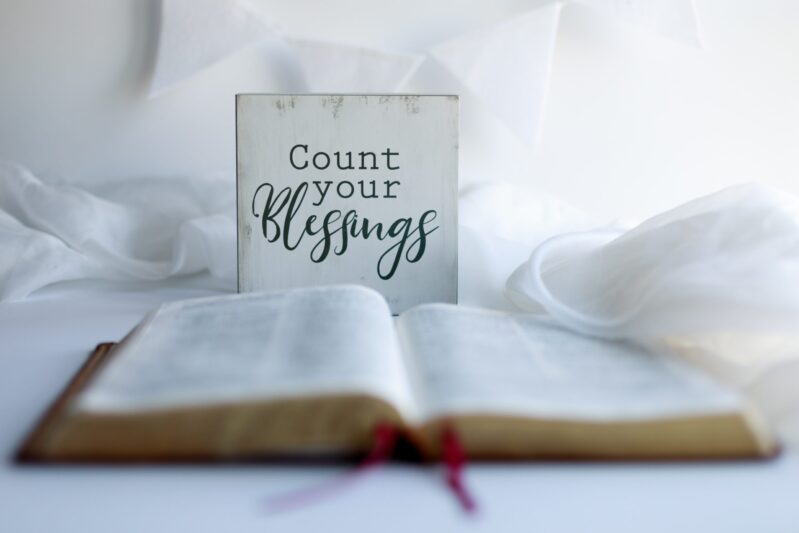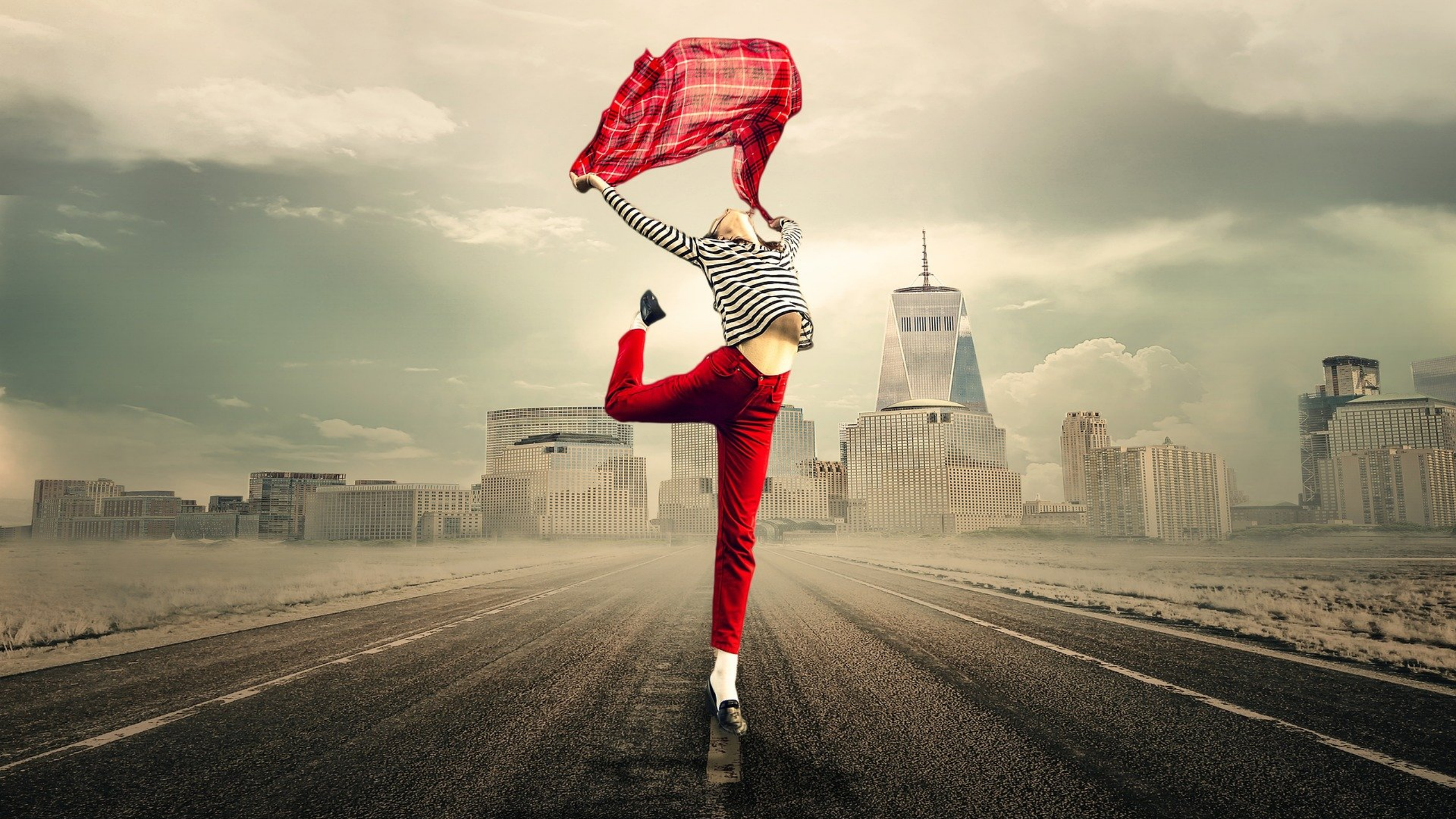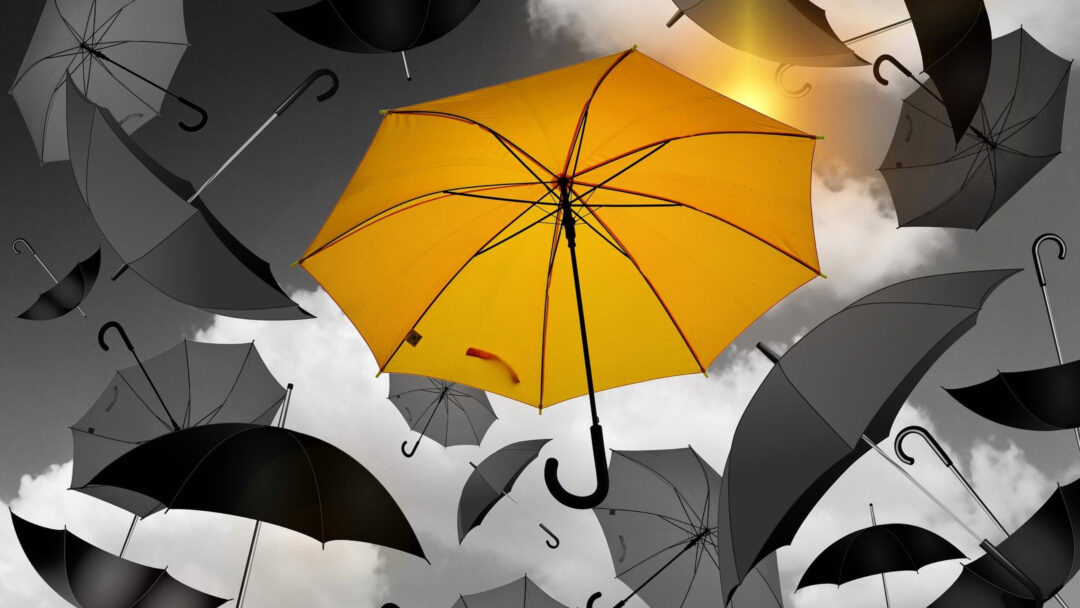
It’s like two waves collide: one is the trend of New Year’s Resolutions and the other is against them. In fact, several voices on the internet positing the resolutions are stressful, not aspirational. We read that resolutions focus on the end of the journey not the road to it. So, when we make our long lists of promises, we usually set high goals, like going to the gym 4 times per week, getting a promotion, buying a house, get a degree. Which, obviously, makes us feel good as we visualize our prosperous future. But, do we set the bar far too high? The answer is usually yes and this is how New Year’s resolutions turn into stressful thoughts.
What is funny is this specific resolution to be more mindful. But, mindful means living and enjoying the present, being there, feeling more, think less. We cannot push ourselves to enjoy the moment, we can only realize the importance of being present: Of reading this blog post now and being aware of the light of your computer and how it makes you feel, to notice the feeling of the chair or cushion you are sitting on, to stop thinking what you can do with your resolutions and focus on here and now. Sometimes, it might feel difficult to concentrate, especially if you are not living alone, at a cottage, or in the mountains. This is where Virtual Reality comes to the rescue: The mind reacts to VR, in the same way, it reacts to the real experience, hence a virtual meditation in the forests of Ireland will make you relax as if you were actually there. This is why so many meditators have selected Solas VR as their mindfulness vehicle and this is why we are about to launch more landscapes and new possibilities, ones that will allow you to interact- like moving pebbles from one place to another- allowing the mind to unwind more.
We don’t make resolutions, but we can make this promise: this year, all Solas VR users will be more mindful than any other. Just put your headset on.


